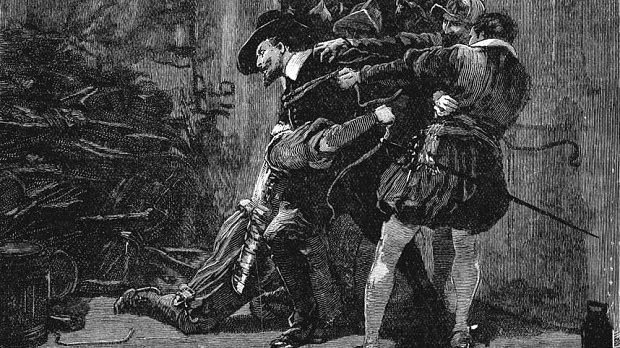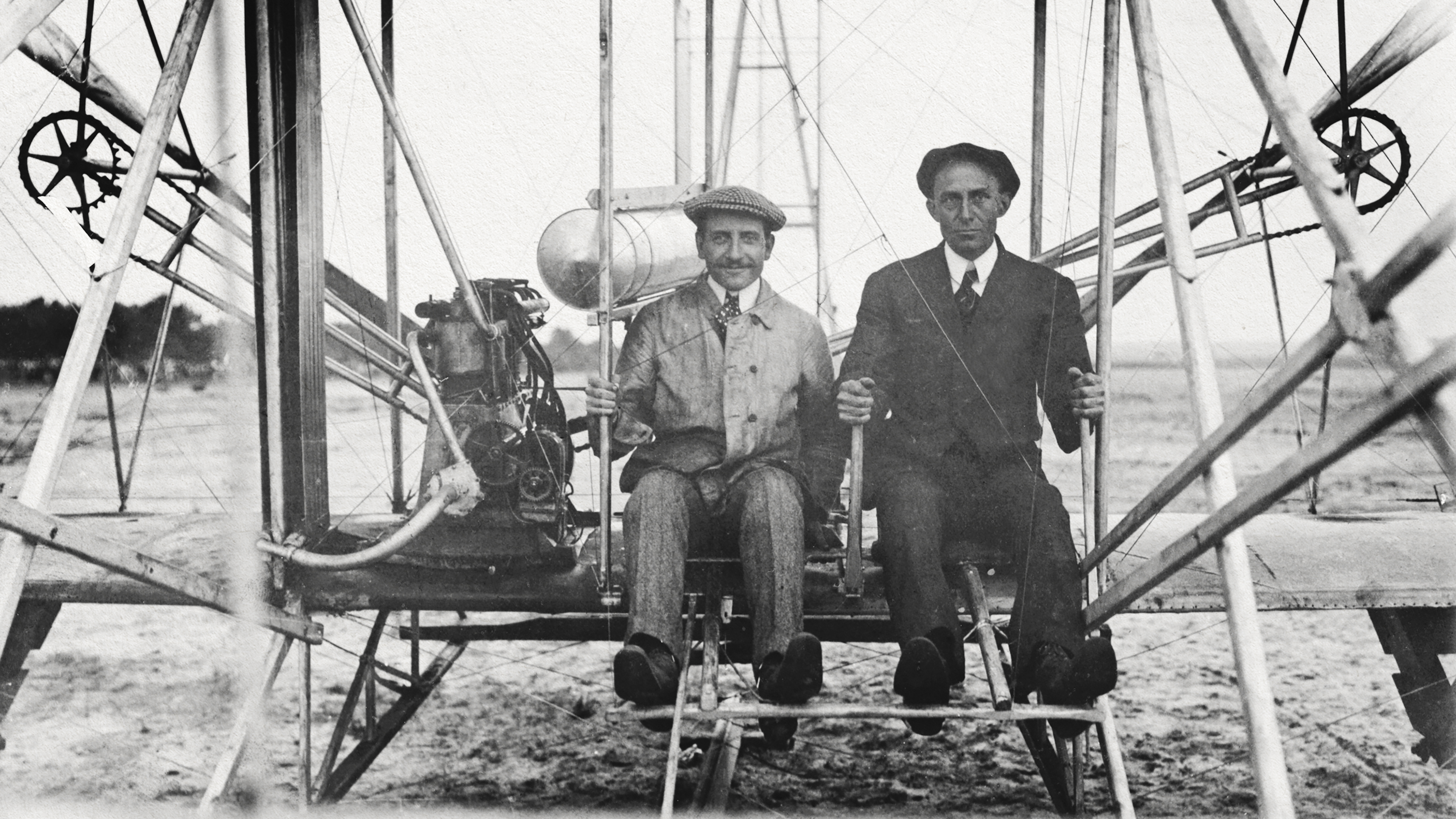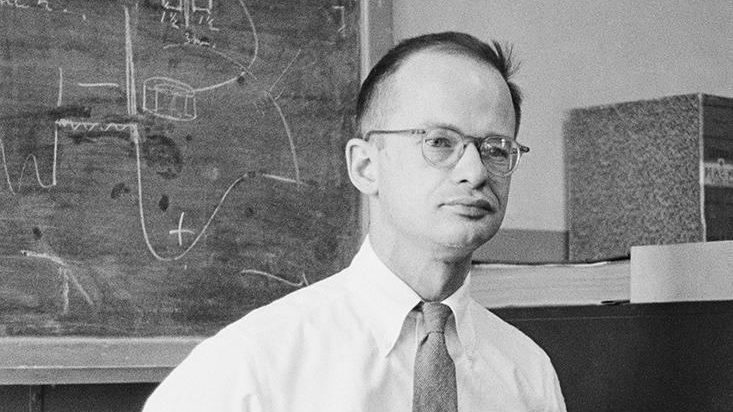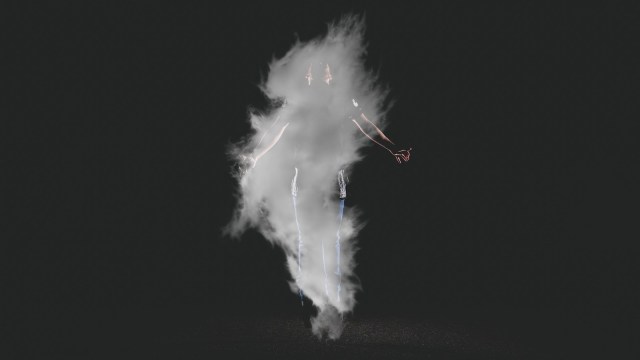The story of “Lift Every Voice and Sing”
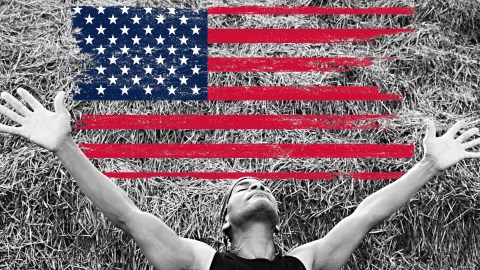
- Written as a poem by James Weldon Johnson around 1900, “Lift Every Voice and Sing” tells a haunting story of spiritual survival.
- The hymn is considered by many to be the black national anthem and has seen a resurgence lately in popular culture.
- Music has a way of helping us feel others’ story.
Modern memories tend to be short, particularly in America. It’s been said that if you ask a European where their people come from, the answer will be a list of countries dating back generations. Ask someone from the United States and the answer is likely to be along the lines of “4th Street.” It’s reasonable to ask, as some have, just how connected young black Americans feel to their descendants’ experiences of slavery. After all, today’s America supplies enough injustice that there’s no need to dredge up the painful experiences of long ago as a reminder of oppression. Certainly, few young whites can imagine what it felt like to carry such a burden.
While the experiences of one person of the past are no more important than those of another person in the present, who we are inarguably has to do with who they were as handed down through the lessons of our parents, grandparents, and so on. Their stories are our story. A powerful telling of that story, a song from 1900 titled “Lift Every Voice and Sing,” is being embraced by a new generation. It is reconnecting young black people with their inspirational ancestors and endowing to white Americans with an unforgettable, visceral understanding of what it takes to overcome.
Life began when i heard Beyonce’s Lift Every Voice and Sing #Beychellapic.twitter.com/MG3RBTEChh
— Reese Waters (@reesewaters) April 16, 2018
A memory remembered
The contemporary re-emergence of “Lift Every Voice and Sing” arguably began when Beyoncé sang its opening lines as she took the stage at the Coachella festival, a watershed moment in and of itself. The first black woman to headline the festival, the singer delivered a dazzling knockout performance that was dedicated to historically black colleges. When Beyoncé sings a song it gets heard, and this performance helped bring “Lift Every Voice and Sing” straight onto America’s playlist.
The song was written long ago and began as a poem by James Weldon Johnson.
A group of young men in Jacksonville, Florida, arranged to celebrate Lincoln’s birthday in 1900. My brother, J. Rosamond Johnson, and I decided to write a song to be sung at the exercises. I wrote the words and he wrote the music. — James Weldon Johnson
According to “Anthem: Social Movements and the Sound of Solidarity in the African Diaspora” by Shana L. Redmond, Johnson later recalled, “I could not keep back the tears, and made no effort to do so.”
Our New York publisher, Edward B. Marks, made mimeographed copies for us, and the song was taught to and sung by a chorus of five hundred colored school children. Shortly afterwards my brother and I moved away from Jacksonville to New York, and the song passed out of our minds. But the school children of Jacksonville kept singing it; they went off to other schools and sang it; they became teachers and taught it to other children. Within twenty years it was being sung over the South and in some other parts of the country. Today the song, popularly known as the Negro National Hymn, is quite generally used. — James Weldon Johnson
The National Association for the Advancement of Colored People (NAACP) named “Lift Every Voice and Sing” the “black national anthem” in 1919, but not everyone agrees with that designation since it implies the need for a separate American black anthem. Nonetheless, listening to this American hymn is a haunting, heartbreaking, and ultimately uplifting experience.
“Lift Every Voice and Sing”
(Sung by June’s Diary)
Lift every voice and sing
Till earth and heaven ring,
Ring with the harmonies of Liberty;
Let our rejoicing rise
High as the listening skies,
Let it resound loud as the rolling sea.
Sing a song full of the faith that the dark past has taught us,
Sing a song full of the hope that the present has brought us.
Facing the rising sun of our new day begun,
Let us march on till victory is won.
Stony the road we trod,
Bitter the chastening rod,
Felt in the days when hope unborn had died;
Yet with a steady beat,
Have not our weary feet
Come to the place for which our fathers sighed?
We have come over a way that with tears has been watered,
We have come, treading our path through the blood of the slaughtered,
Out from the gloomy past,
Till now we stand at last
Where the white gleam of our bright star is cast.God of our weary years,
God of our silent tears,
Thou who hast brought us thus far on the way;
Thou who hast by Thy might
Led us into the light,
Keep us forever in the path, we pray.
Lest our feet stray from the places, our God, where we met Thee,
Lest, our hearts drunk with the wine of the world, we forget Thee;
Shadowed beneath Thy hand,
May we forever stand.
True to our God,
True to our native land.

